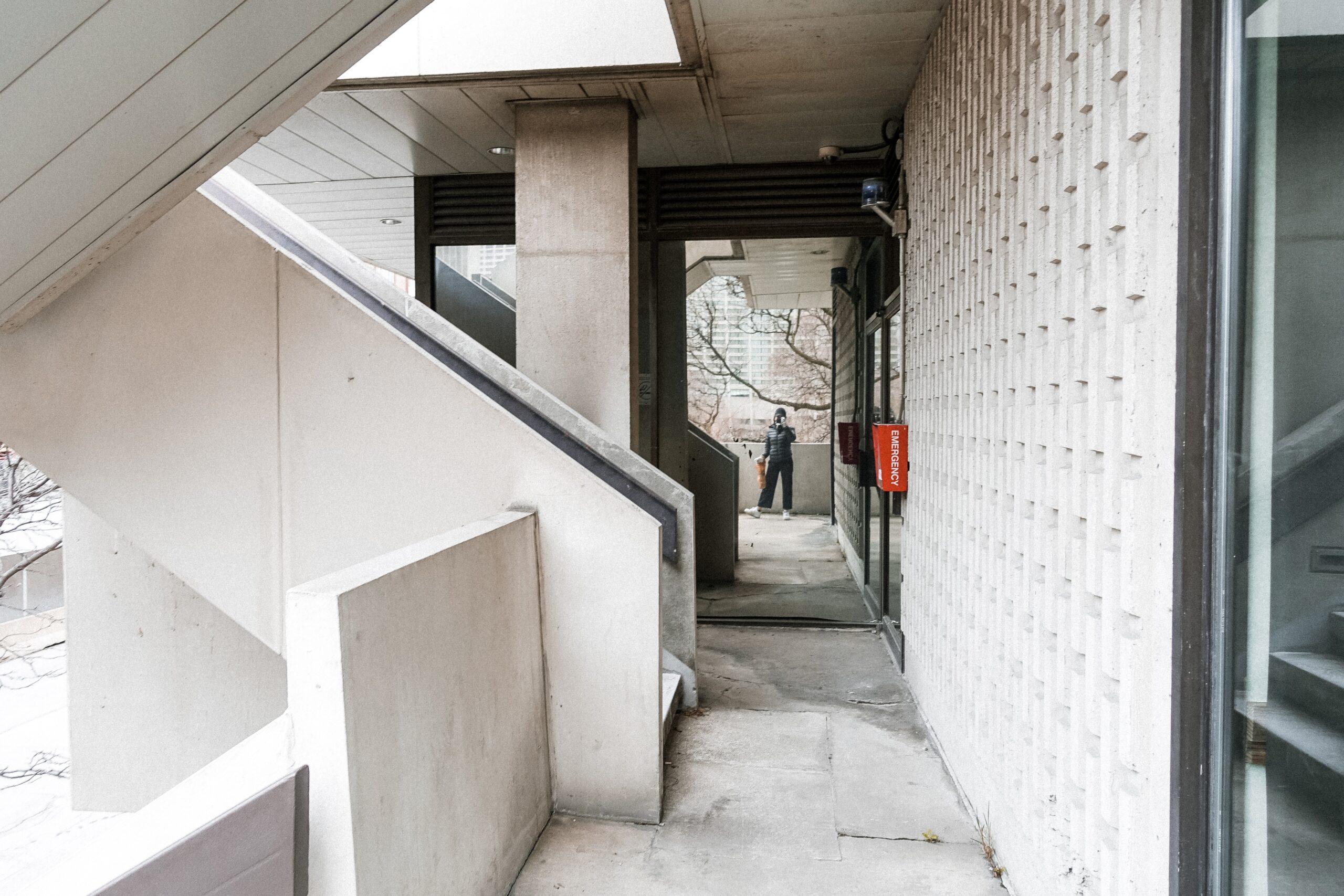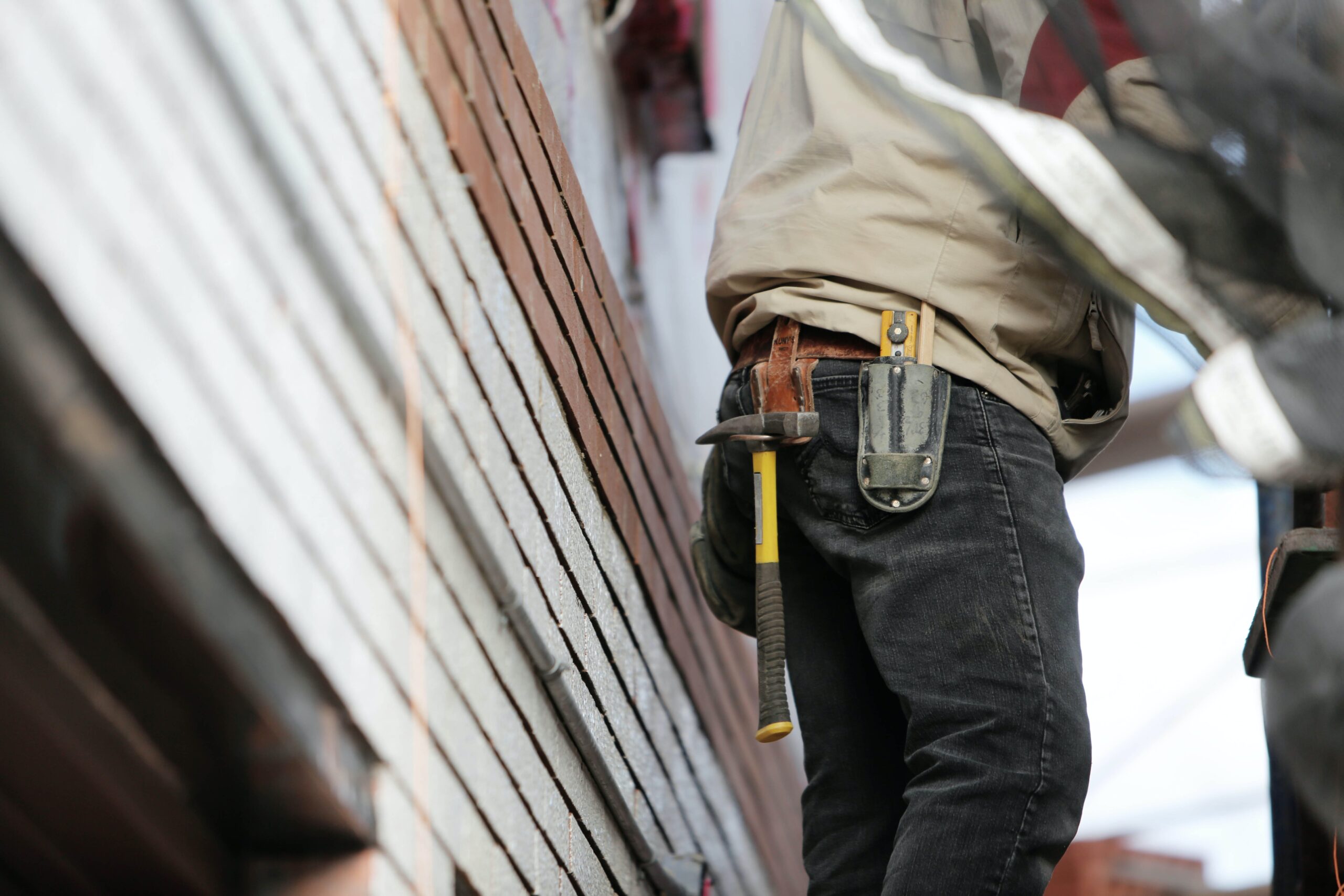
You might not be familiar with the Party Wall Act, but it’s certainly something home renovators need to be aware of before undertaking works. The Party Wall Act means that if you damage your neighbour’s property when you’re having work done on your home, you are liable – even if you personally did nothing wrong.
If your home is attached to another property, or even if it’s just relatively close to another property, then you need to be careful when you’re carrying out renovations. If your work causes any damage to your neighbour’s property, you are liable for it. Not your builder, not your architect or structural engineer, but you. And the Party Wall Act defines this as ‘strict liability’. If you are having work done and it causes damage to your neighbour’s property, you have to pay.
The Party Wall Act came into force in England Wales in 1997 and is what’s known as an enabling act – it sets out a framework.
So, what exactly is a Party Wall?
A party wall is divided partition that sits on the boundary between adjoining properties. Contrary to what you might expect, the Party Wall Act does not only apply to a shared wall between two homes. It can apply to a neighbour’s wall that is up to 6 metres from where excavations are taking place – so you do not need to be digging directly next to your neighbour’s property to be liable for damage that your work causes. The Act also applies above and below a flat. Broadly, it applies when you are making structural changes to your building or additions that could affect someone else’s property.
As the owner of the property having work done, you have the right to do a number of things to your walls. You can:
- Cut a party wall to increase the load on it
- Raise a party wall’s height
- Demolish and rebuild a party wall
- Underpin the entire thickness of a party wall
Clearly these could all potentially have a serious impact on the neighbouring property. So as the renovator, you also have obligations.
Obligations for a property renovator under the Party Wall Act
You have an obligation under the Act to inform adjoining owners about the planned works at least two months before you start. You must provide temporary protection for their buildings if relevant, and make good or settle in cash for any damage you cause.
After being informed, the adjoining owner can object and seek a party wall award which is made by a party wall surveyor (PWS). The PWS is duty bound to act impartially under the Act and negotiates between the parties to make sure that the scope of the works are clear and any damage can be repaired fairly. Part of this process involves assessing the condition of the adjoining property before work begins. This ‘schedule of condition’ forms part of the award and is the fixed point from which any assessment of damage will be made. Once the award is made it’s legally binding – so make sure that all the paper work surrounding it is in place.
Above all, the central point to understand about the Party Wall Act is this: if you’re having work done then you have strict liability for damage caused to an adjoining property, regardless of who causes it.
What you can you do to protect yourself? We would suggest taking out non-negligence insurance and keeping a close eye on your building works.
This blog is part of a series designed to raise awareness of key renovation insurance principles for property renovators. You can also:




















